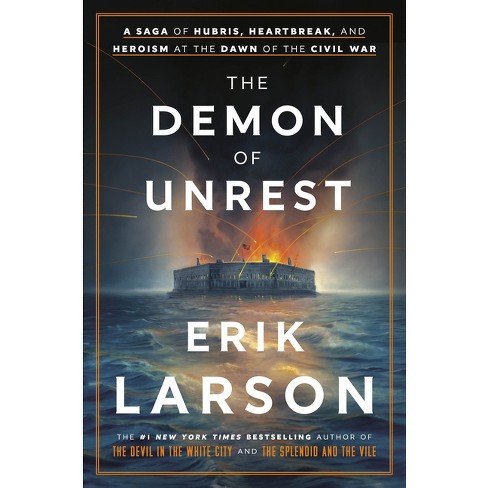REVIEW: 'The Veins of the Ocean,' a Novel About a Florida Woman on the Brink, Considers What it Means to Be Free
/The Veins of the Ocean by Patricia Engel
Grove Press. 320 pp.
By Shalene Gupta
When Reina Castillo’s older brother was sent to death row, she was convinced she drove him to the crime. After his execution, Reina moved from Miami to the Florida Keys in an attempt to leave the past behind.
In her new home, Reina meets Nesto Cadena, a Cuban refugee who yearns for the children he left behind and assuages his grief through faith in the ancient gods of the sea. Reina and Nesto are tormented by their pasts and struggling to stay afloat in the present. In the lush beauty of the Florida Keys, they begin a relationship that will change them both.
In The Veins of the Ocean, Patricia Engel layers together multiple narratives of confinement: mental, physical, individual, and national. Nesto was confined to his country by Cuban law. Having escaped, he is still not free — he is tethered to the people he left behind, working daily to earn money to send back to them.
Reina’s brother is physically confined, and that confinement extends to Reina, who devotes her weekend to visiting him. After his death, she is haunted by her guilt and memories of him. Throw in Reina’s obsession with the effects of prison on inmates, destructive family patterns, and marine life held in captivity, and Engel’s examination is relentless. It forces the reader to ask alongside with her what it means to be free, if freedom is attainable.
However interesting these questions may be to ponder, the real joy of reading The Veins of the Ocean is listening to Reina’s voice as she meditates on the nature of freedom. Engel uses the first person, employs a considerable amount of Spanish and Spanglish, and is sparing in her use of cultural explanations that would seem out of character. Reina’s voice is wrapped in cynicism yet threaded through with hope. Listening to her is a lot like listening to a dear friend pour out her heart.
It’s not hard to lose the thread of Reina’s story, as she leapfrogs from Cuba to Colombia and past to present. But just as one does not expect a friend to tell a perfectly structured story, readers will forgive Reina’s rambling and stay with her until the novel’s close, drawn in by her memories, each as vivid as polished sea glass.
Reina doesn’t have a tidy answer to all of the questions she presents, but then what big questions can be answered tidily? Instead, in a scene shot through with sunlight and framed by the rippling ocean, she gives us this: if none of us are perfectly free, we are at least all struggling to stay afloat together.
Shalene Gupta is a writer based in Boston. A former Fortune reporter, she is currently working on a novel.











